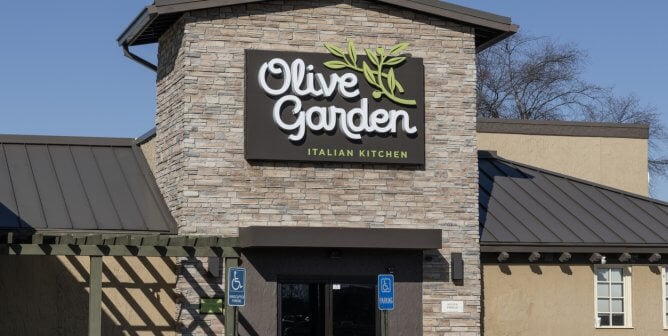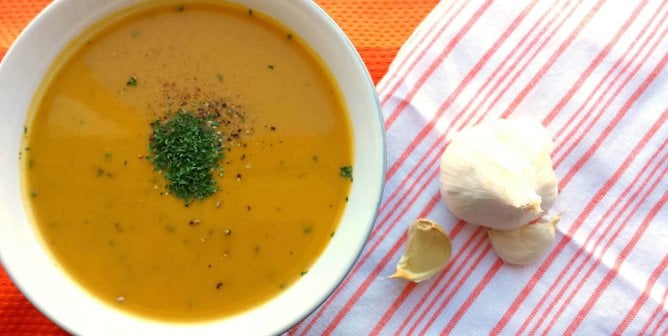Having a vegan Kwanzaa feast is a fitting way to celebrate Black culture and African traditions. Kwanzaa, which means “first fruits of the harvest” in Swahili, is rooted in traditional African harvest festivals, when fruits and vegetables are abundant. Like many holidays, food takes center stage on Kwanzaa—so why not make these dishes the main event and keep animals off your plate?
Wondering how to celebrate a vegan Kwanzaa? Here are some tips:
Recipes for a Vegan Kwanzaa Feast
Meals typically enjoyed during Kwanzaa draw on the cuisines of Africa, the Caribbean, South America, the American South, and other African diaspora communities. The fruits of the harvest are emphasized, which means plenty of sweet potatoes, peanuts, okra, black-eyed peas, greens, corn, and any other crops that are in season where you live.
Vegan Pumpkin Soup (Slow Cooker)
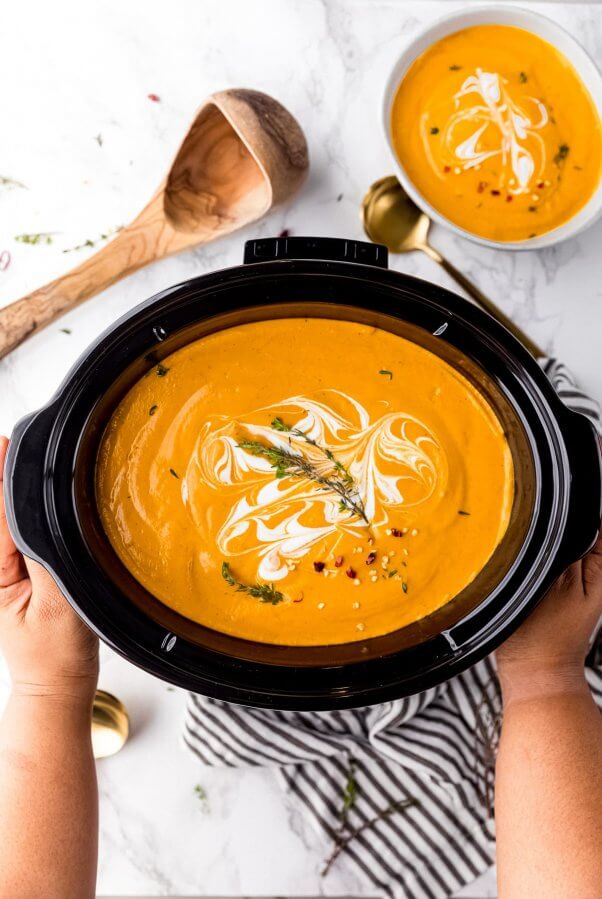
Whole Roasted Cabbage ‘Turkey’
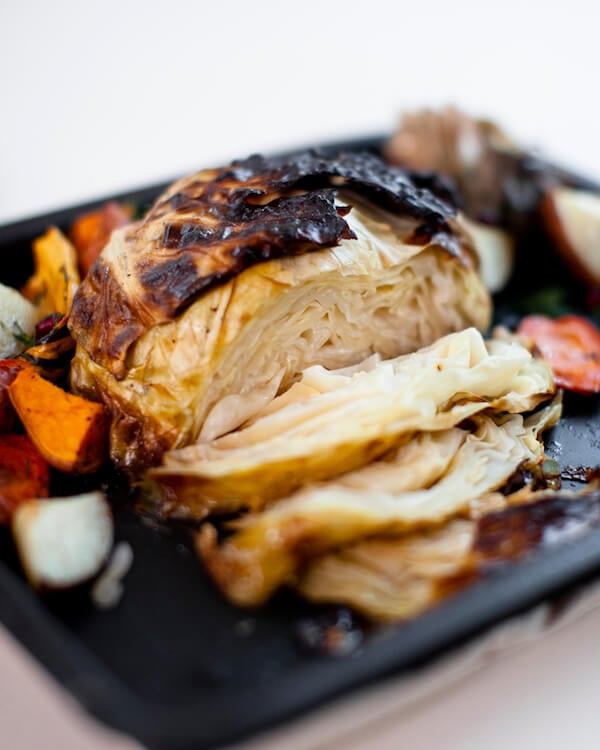
Vegan Mac and Cheese
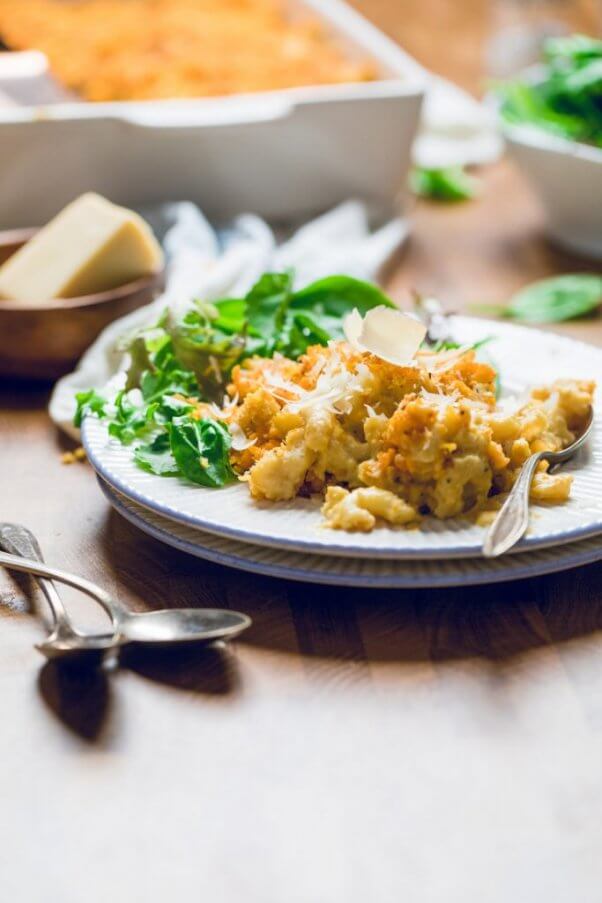
Jamaican Inspired Jerk Lentils
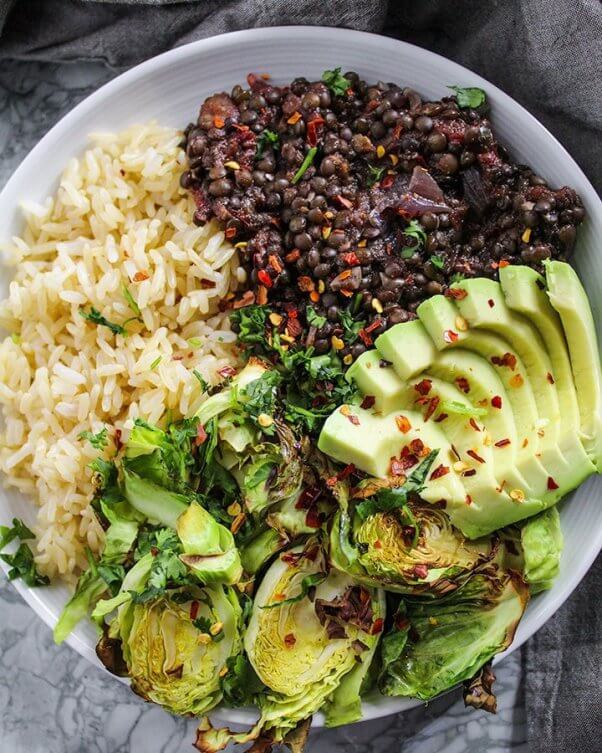
Ethiopian Cabbage, Potato, and Carrots (Atakilt Wat)
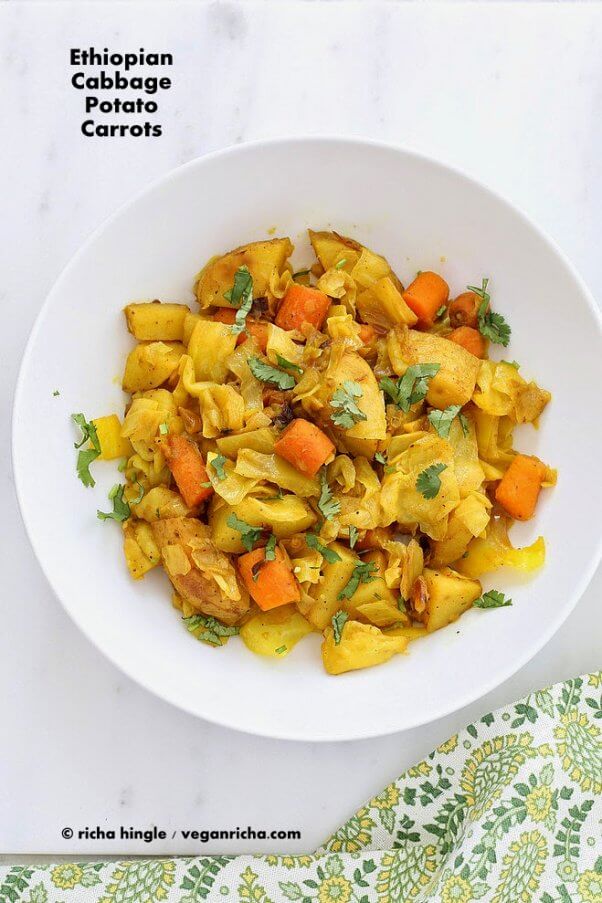
Tabitha Brown’s Okra Salad
@iamtabithabrown Raw healthy and delicious meal= okra salad! #vegan #tabithabrown
♬ original sound – Tabitha Brown
Black-Eyed Pea Gumbo
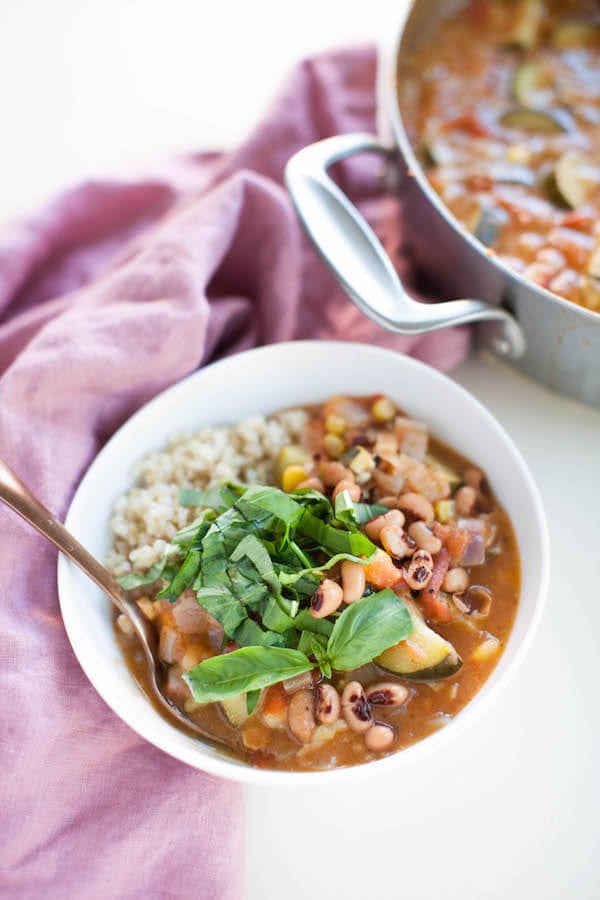
Red Beans and Rice
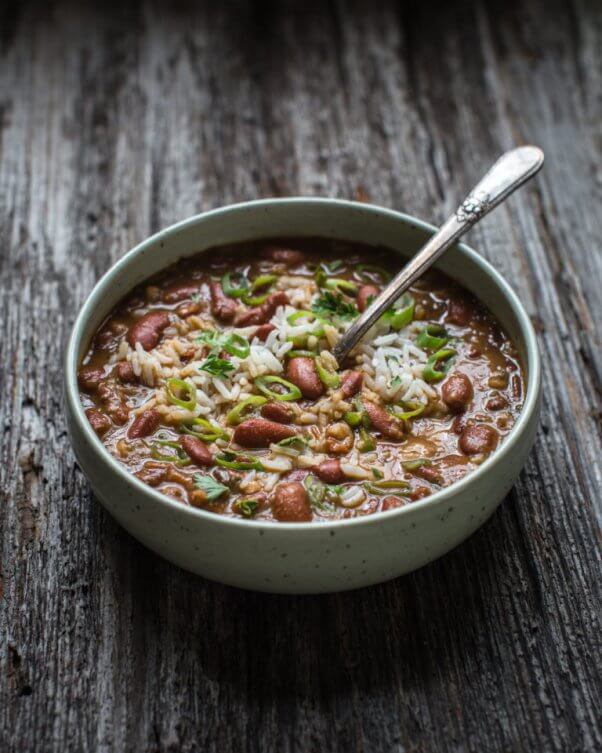
Savory Mixed Greens and ‘Bacon’
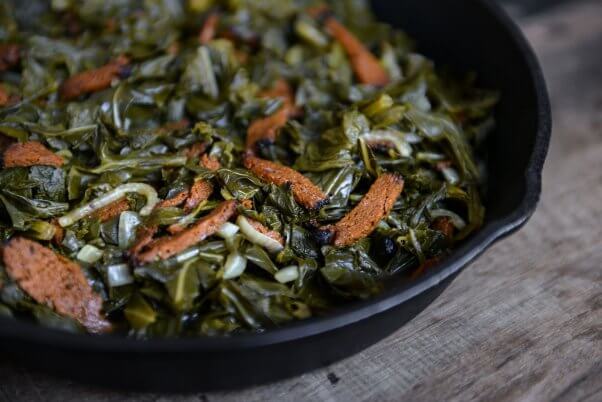
Turnip Vegan’s Vegan Butter Pecan Pie
@turnipvegan Vegan pecan pie with oat milk pecan ice cream! #SmallBusiness #holiday #pecanpie #pecan #holidaytiktok 
♬ A Lofi Hip Hop Christmas – Kid Yoda
Sweet Potato Pie
Create a Vegan Kwanzaa Display
You can also keep animals in mind when you’re building your Kwanzaa display. Start with a mkeka mat made from animal-free materials—avoid wool and opt instead for cotton, straw, paper, linen, or polyester. For your kinara, choose candles made of soy wax instead of beeswax or LED candlesticks that you can reuse each year. It’s also traditional to decorate with ears of corn and other festive harvest crops like squash, yams, nuts, pomegranates, or fresh flowers.
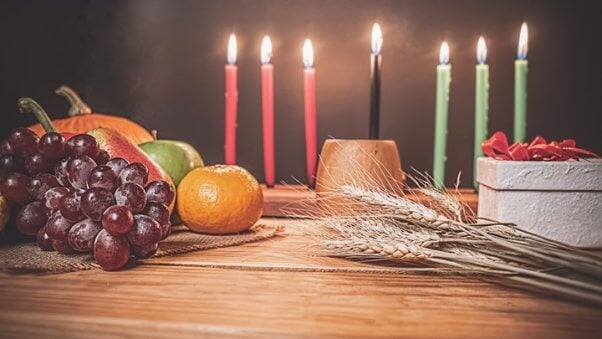
The Seven Principles of Kwanzaa
Each of Kwanzaa’s seven days corresponds with a different principle of African heritage. When you’re reflecting on each one, consider how you can apply it to animal rights as well. For example, if you’re celebrating the principle of ujamaa (cooperative economics), you can support more Black-owned vegan brands and restaurants. Or practice ujima (collective work and responsibility) by standing up for animals, just like these Black vegan activists.
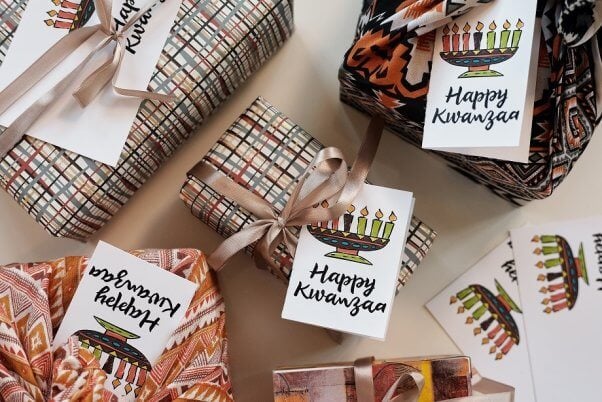
These iconic Black vegans and vegetarians set the example—pledge to go vegan in the new year and you can save the lives of nearly 200 animals a year. Learn why going vegan is a revolutionary act:
Text VEG to 73822 to get the latest vegan lifestyle tips, recipes, and urgent action alerts texted right to your phone.
Terms for automated texts/calls from PETA: https://peta.vg/txt. Text STOP to end, HELP for more info. Msg/data rates may apply. U.S. only.




